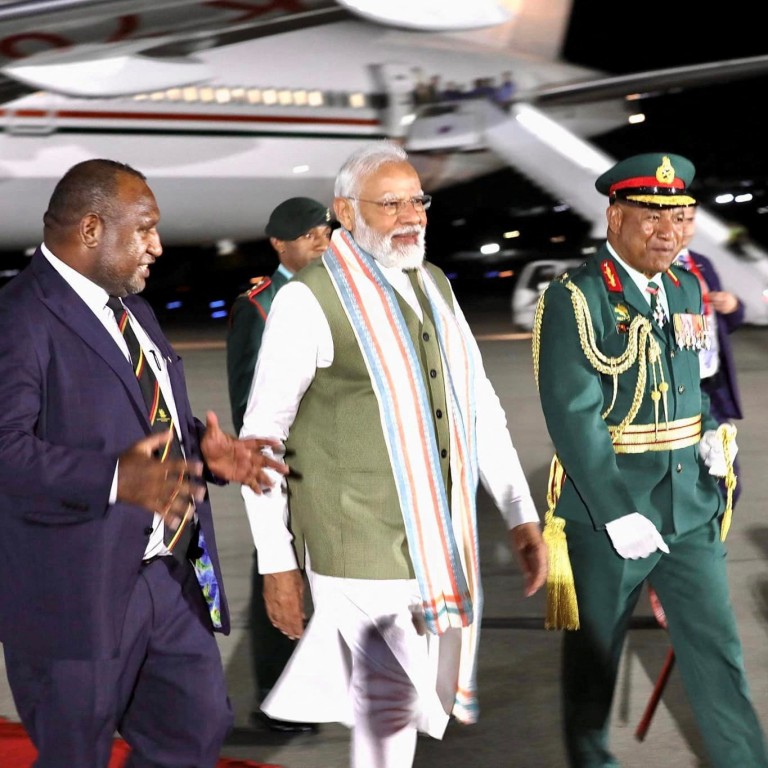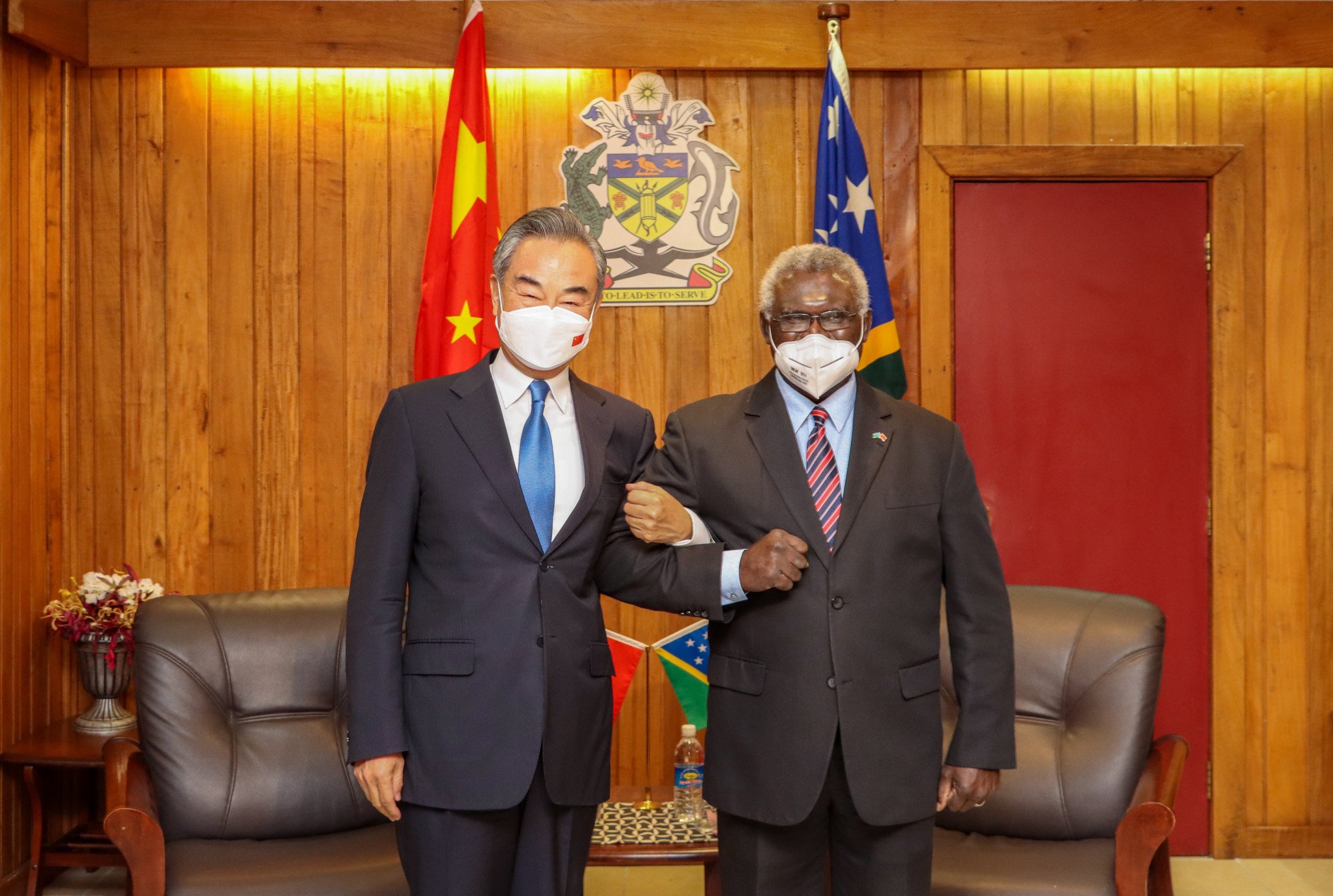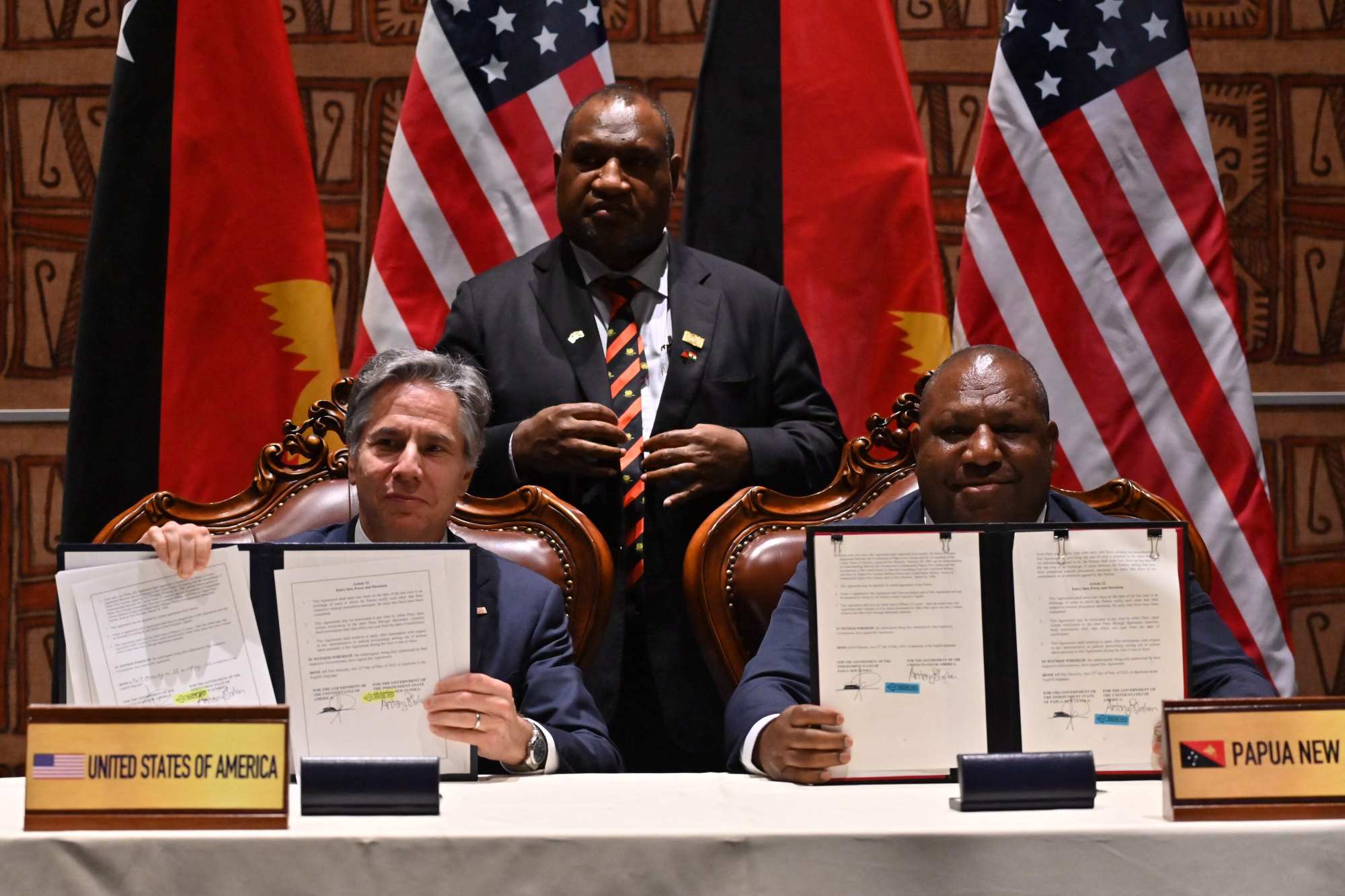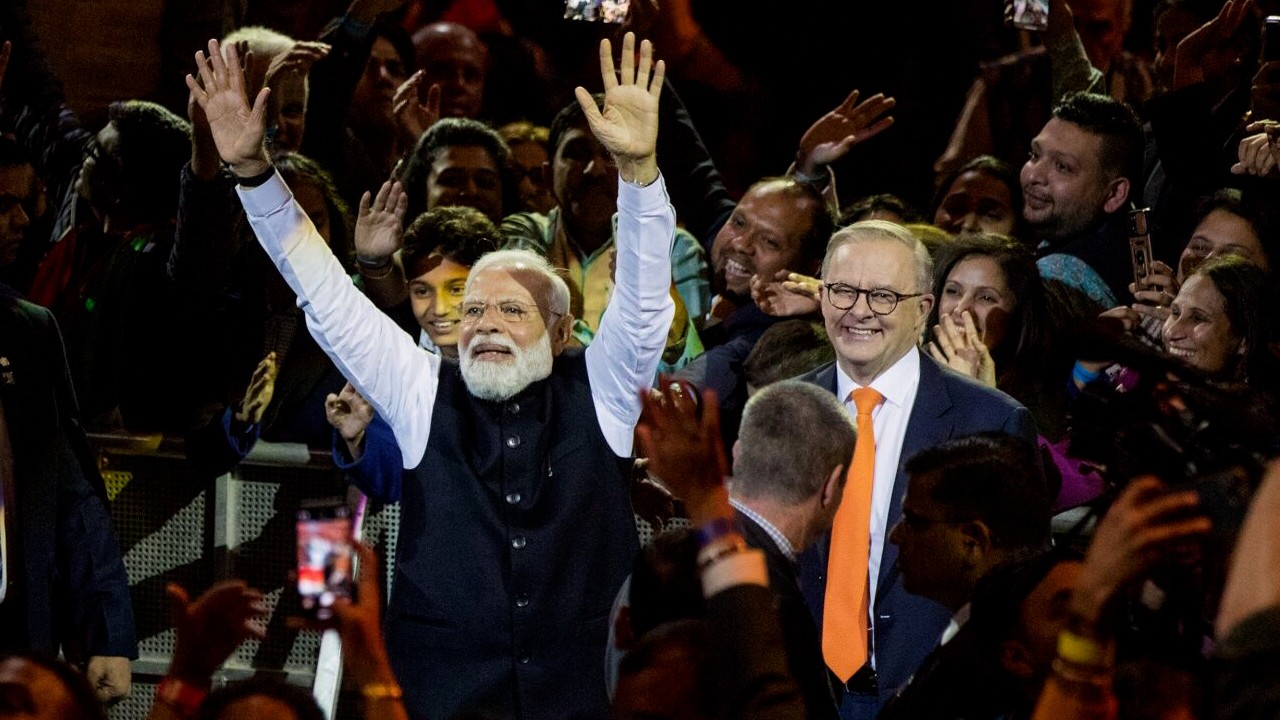
Great powers seeking a warm Pacific island welcome can learn from India
- India was feted when it offered cheap medicines, a heart hospital, research institute, desalination plants and its IT and solar expertise – with no mention of defence issues
- This could be a template for great powers’ engagement with small nations in strategic regions

Marape pointed out that because of the Ukraine war, inflation has been imported into small island nations, adding: “We suffer as a result of big nations at play in terms of geopolitics and the power struggles out there.”
In response, Modi said he had come to listen to the priorities of the Pacific and be its development partner: “India considers it a responsibility to bring the issues, expectations and aspirations of the Global South to the attention of the world through the G20 platform.”
That same day, the India-funded Sustainable Coastal and Ocean Research Institute was inaugurated in the Fijian capital Suva, at the University of the South Pacific – a regional university funded by Pacific Islands Forum countries. Modi said the institute “connects India’s experiences in sustainable development with the vision of Pacific Island countries”.
India is focusing its engagement in its areas of expertise, such as information technology, solar energy, water services, and the health sector.
At the forum’s conclusion, Modi announced initiatives including a “super speciality” cardiology hospital in Fiji, equipped with trained staff and modern facilities – with Delhi bearing the full project costs.
Can India be ‘Global South champion’ amid US-China rivalry in the Pacific?
Other plans include turning PNG’s IT centre into a regional IT and cybersecurity hub, providing solar power to government buildings, and setting up desalination plants, dialysis units and sea ambulances in all 14 Pacific island nations.
There was no mention of defence agreements, military training or supplying naval vessels as part of developing India’s relationship with the Pacific. Could this provide a template for great powers’ engagement with small nations in strategically important regions?

That was greeted with protests by university students and some media. PNG’s Nation newspaper described it as the government having “pulled a fast one”.
What the US, Australia and Nato fail to understand is that the Global South is angry at the West for weaponising the global economic system and US dollar to fight a war with Russia they could have avoided while destroying the post-pandemic recovery. Pacific leaders are saying to Modi that, as long as he stands up to this hypocrisy, they will be right behind India.
Dr Kalinga Seneviratne is a Sri Lankan-born journalist, media analyst and international communications expert currently based in Sydney


